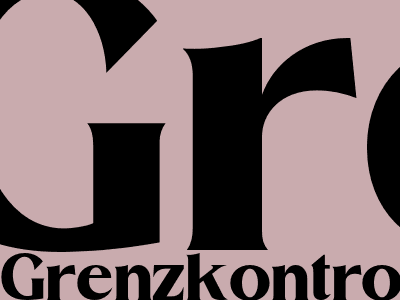
Netherlands Tightens Asylum Rules, Extends Border Checks
Introduction
The Netherlands is implementing stricter asylum regulations and extending border checks to combat illegal immigration and enhance border security.
Tightened Asylum Rules
The new asylum rules aim to streamline the asylum process and reduce the number of unfounded applications. Key changes include:
- Mandatory registration at designated asylum reception centers, eliminating the previous system of free registration.
- Accelerated assessment of asylum applications, with a focus on determining the need for international protection.
- Stricter screening of asylum seekers to identify potential security risks and prevent abuse of the system.
Extended Border Checks
To deter illegal immigration, the Netherlands has extended border checks at its borders with Belgium and Germany until November 14th, 2022. These checks aim to prevent illegal crossings and maintain public order.
Rationale for the Measures
The Dutch government cites several reasons for these measures, including:
- Increased pressure on the asylum system due to a surge in asylum applications.
- Concerns about illegal immigration and its potential impact on public safety.
- Need to ensure the fair and efficient processing of asylum applications.
Reactions and Concerns
The new measures have drawn mixed reactions. Some welcome the efforts to address illegal immigration and streamline the asylum process. Others express concerns about potential impacts on asylum seekers and the flow of goods across borders.
Human rights organizations have raised concerns that the accelerated assessment process may lead to hasty decisions and insufficient protection for genuine asylum seekers.
Conclusion
The Netherlands' decision to tighten asylum rules and extend border checks reflects the country's commitment to managing immigration effectively and ensuring public safety. While the measures aim to address legitimate concerns, it remains crucial to strike a balance between border security and the protection of asylum seekers' rights.